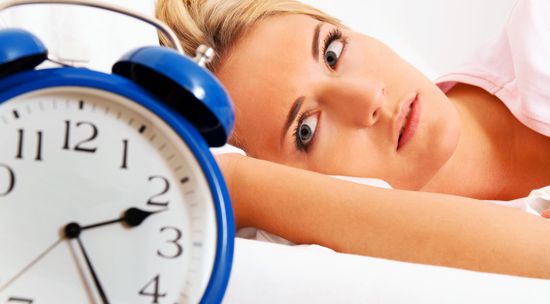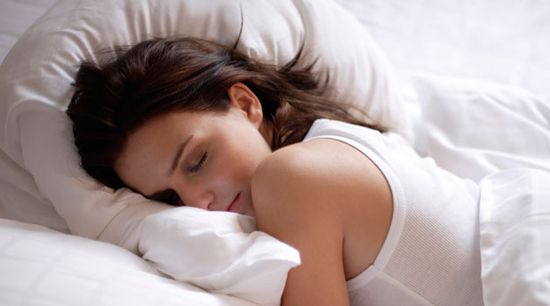One the most common sleeping disorders is sleep apnea and is best described as experiencing pauses in your breathing or demonstrating a shallow or infrequent breathing pattern whilst you are asleep.
Each pause in your breath is referred to as an apnea and each one can last anywhere between 10 seconds and even as long as 2 minutes at a time, at frequent intervals throughout each hour of sleep.
This is understandably a distressing and sometimes debilitating condition that can cause havoc with your physical and mental wellbeing, and a good reason why many seek help and treatment from specialists like sleep apnea treatment NYC.
Two different types of sleep apnea
If you are suffering from a sleep disorder it is likely that you may be suffering from one of the two main types of sleep apnea.
Obstructive sleep apnea is probably the most common manifestation of this potentially serious sleep disorder and it occurs when the throat muscles relax. The other main type is central sleep apnea, which is characterized by the way that your breathing repeatedly stops and starts throughout your sleep.
This irregular breathing pattern is caused because your brain fails to send correct signals to your muscles in order to control your breathing. Obstructive sleep apnea is a clinical condition where the upper airway intermittently and regularly collapses.
Along with the potential health risks, the effect of these sleeping disorders is that many sufferers experience excessive sleepiness throughout the day as a result of their broken sleep pattern.
Resolving the problem
Medical research has found that patients who suffer from bruxism, which involves excessive teeth grinding, are statistically more likely to also suffer from sleep apnea.
It could well be beneficial to resolving your sleeping disorder if you consult your dentist and get them to investigate whether you are displaying any of the symptoms of bruxism. Resolving this problem may well help to alleviate your sleep apnea as well.
Lifestyle changes
Losing excessive weight and taking at least 30 minutes of exercise each day can both help to relieve obstructive sleep apnea symptoms. There are certainly cases where patients have actually been cured of their sleeping disorder simply by returning to a health weight.
If you can reduce or avoid alcohol altogether and try to swerve certain medications like tranquilizers and sleeping pills, this would help, as all of these items act to relax the muscles in the back of your throat and therefore interfere with your breathing pattern.
Smoking is another risk factor and as well as the obvious health reasons for quitting smoking, you can also worsen your obstructive sleep apnea if you are a smoker.
Sleeping position
It may also be worthwhile trying out a different sleeping position to see if that makes a difference to your sleep apnea.
Sleeping on your back can result in your tongue and soft palate resting against the back of your throat, causing your airway to become blocked. Changing a sleeping position is not always easy and habits like these are hard to break. Try sewing something like a tennis ball into the back of your pyjama top, so the only way you can get comfortable is on your side or abdomen, which would be better for your sleep apnea.
Alternative medicine
A fair number of alternative medicines are yet to be fully studied to determine their effectiveness in dealing with a sleeping disorder. You could try an alternative therapy such as acupuncture but this should be in addition to and not as a replacement for the standard treatments prescribed.
Megan Anders is a dental nurse for a small practice in New England. When she has some extra time, she likes to sit down and help people live better. Look for her informative articles mostly on medical and dental blog sites.











Post a Comment
Thank you for dropping by, check back again for new updates or feel free to subscribe to my blog so you won't miss a post. Have a lovely day!